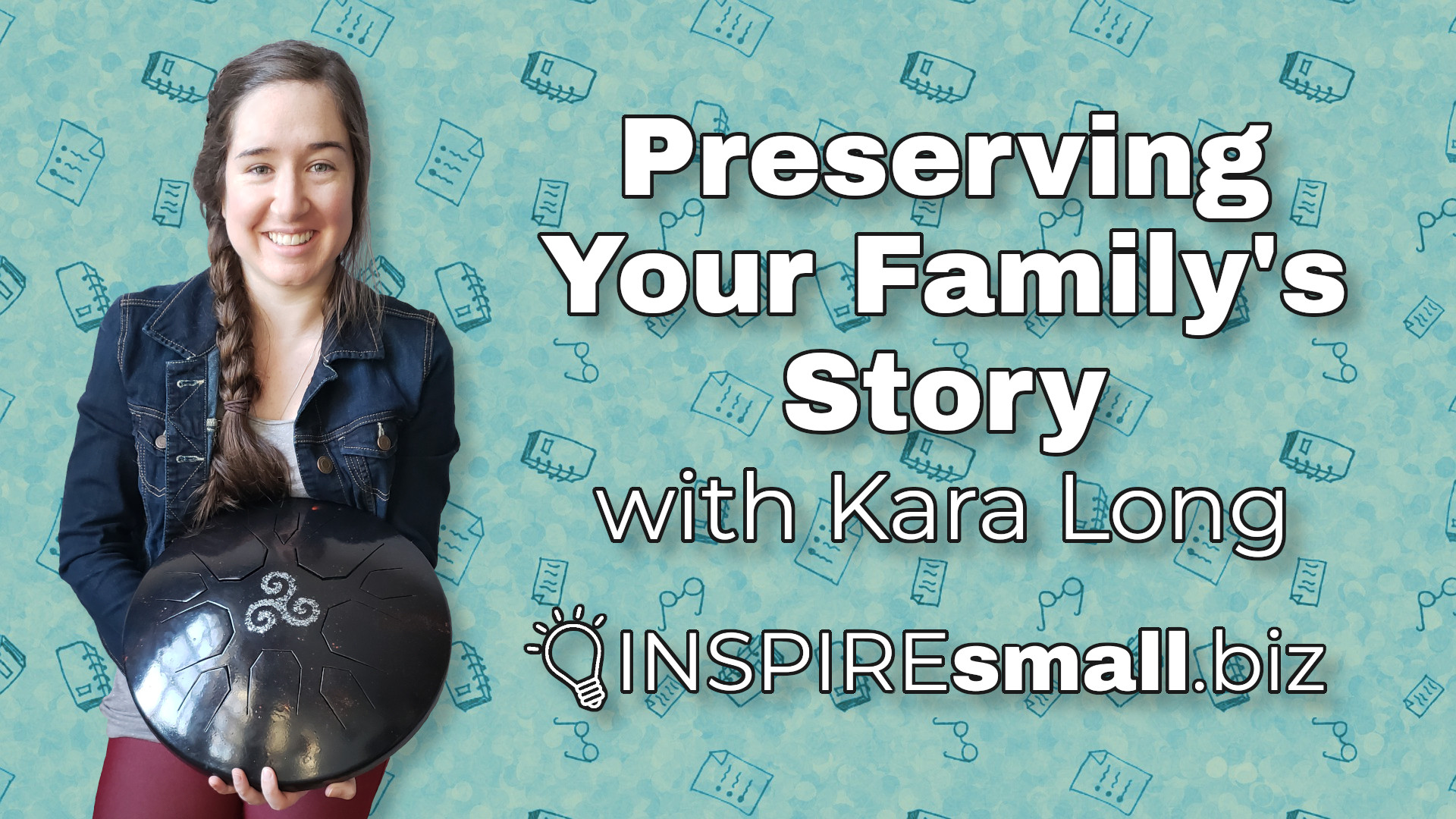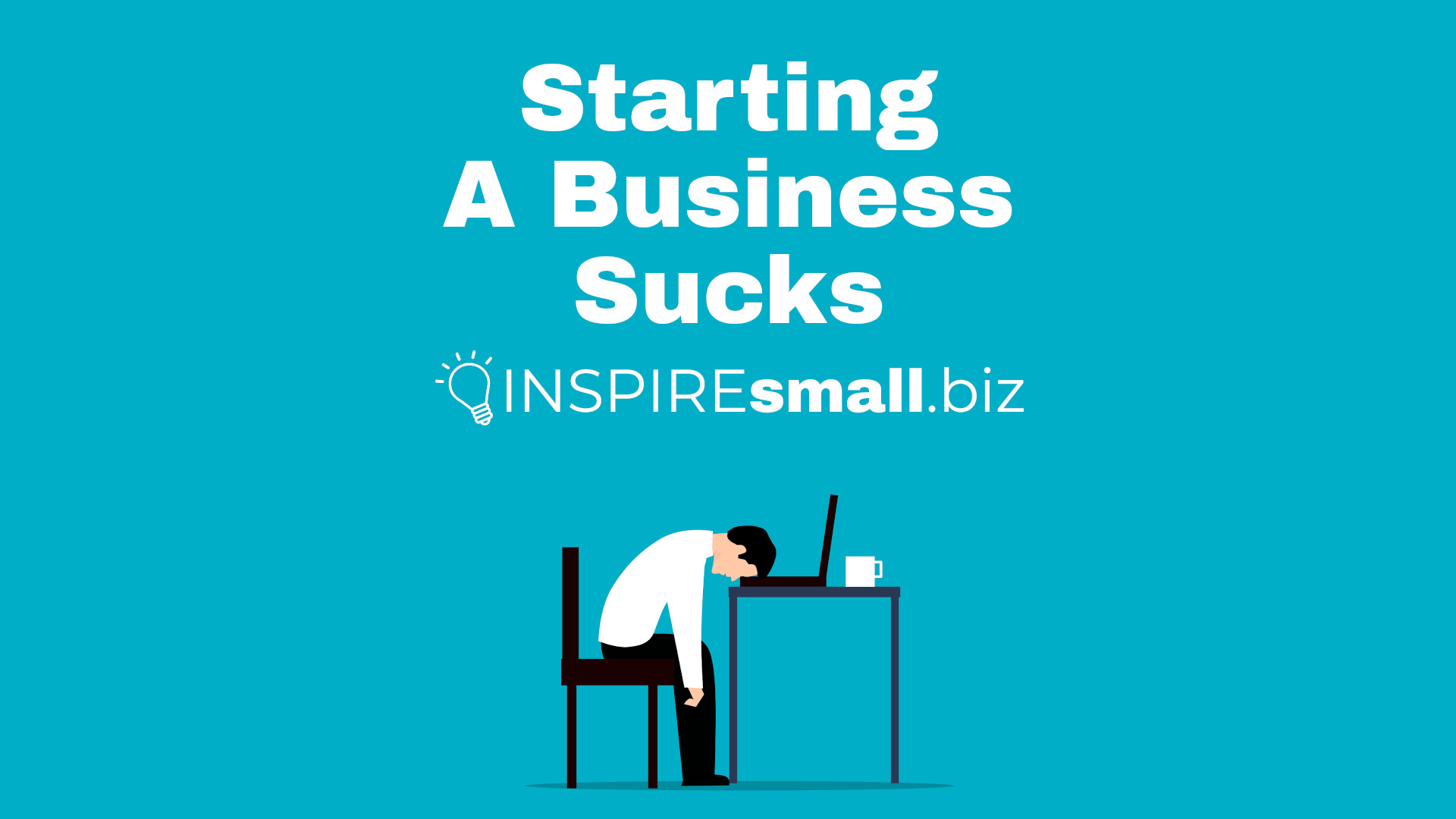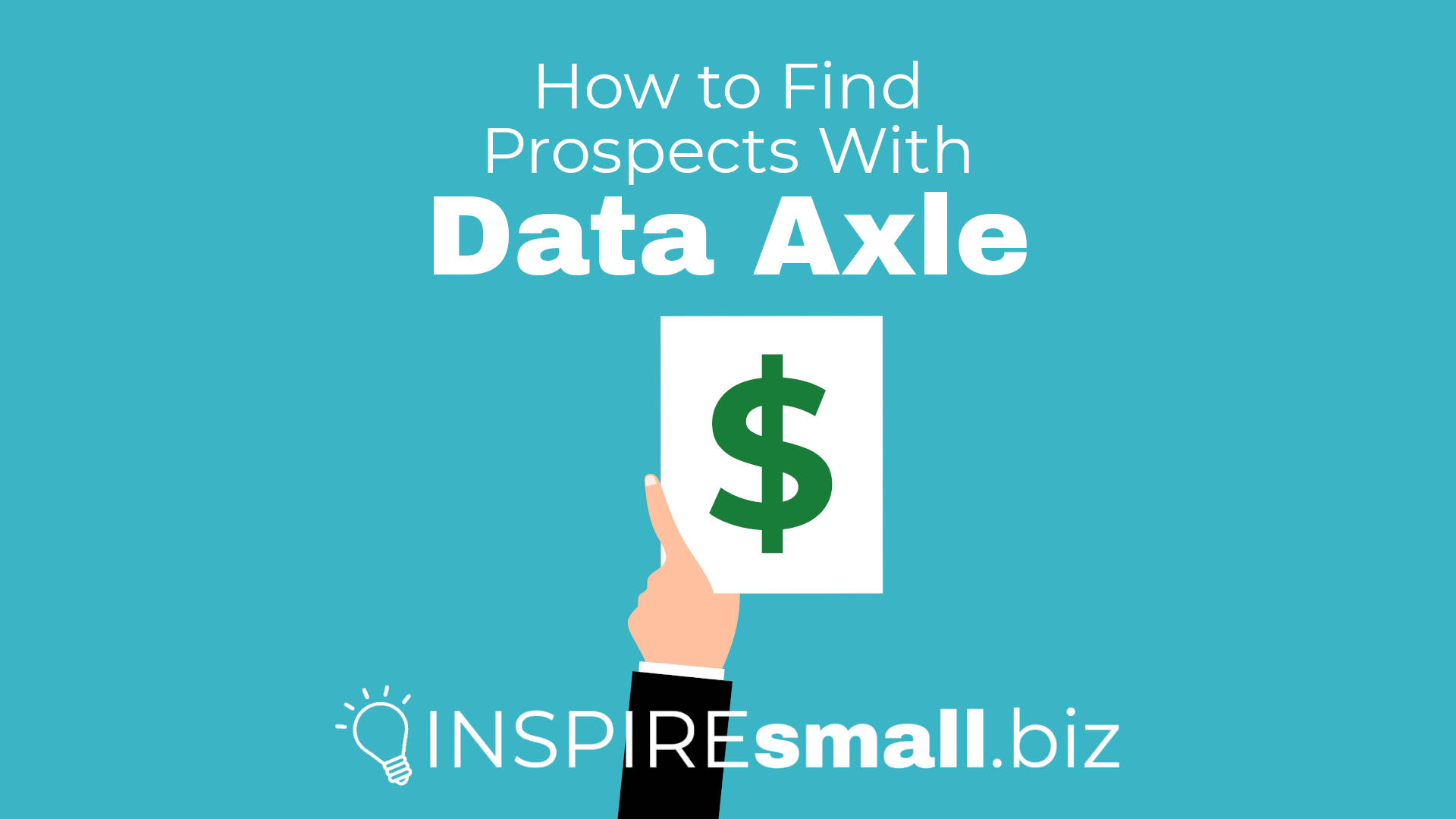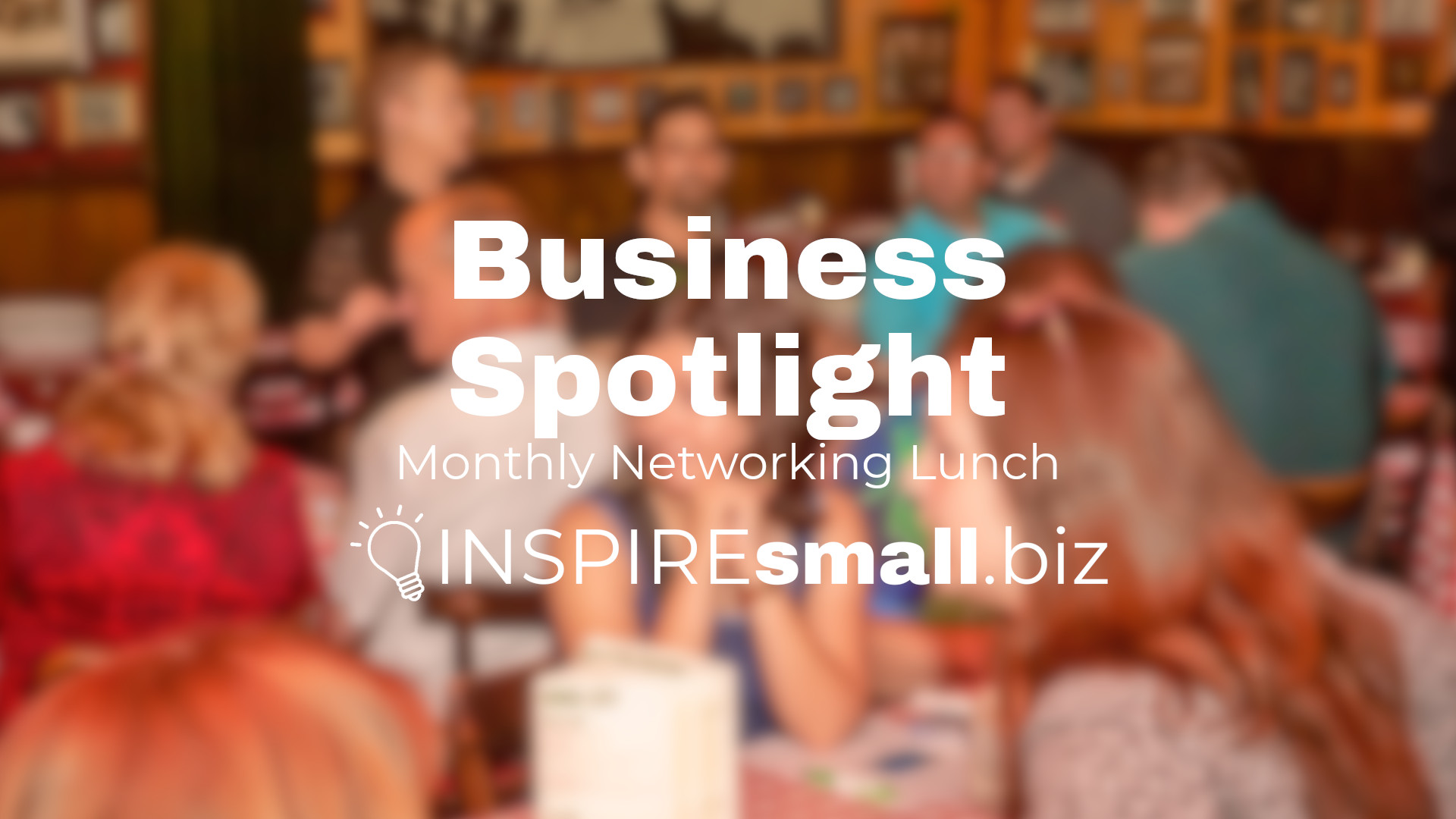Kara Long, Founder of The Memory Collective, talks about the importance of preserving family stories and how The Memory Collective can help.
Here is the transcript from the presentation:
Jamie: Alrighty, let’s move on to our speaker. We are very excited to have her along here today. I met Kara couple years ago at a networking event in Carmel and I really appreciate what she does.
Jamie: She mentioned already that she’s a millennial, and one thing that I love about millennials is they aren’t willing to go with the status quo. Well, they want to do things their own way.
Jamie: She saw a need and she filled it. And the reason was because she had a life experience that put this in front of her. And she was like, you know what, I want to help other people going through these situations.
Jamie: I want to make their lives better. And that’s how she started The Memory Collective, and she’s doing really well. And we’re blessed to have her today. So, Kara, go ahead and tell us what you’re all about. We’d love to hear it.
Kara: OK. Thanks so much. I’m really happy to be here and this is kind of my, uh, going back into networking, I took a little bit of a break from it last year just to focus on production and a little bit of business development and, and that’s, that’s all going very well.
Kara: I’ll talk about a couple of the developments in my company, uh, that are really exciting in a little bit.
Kara: First, I wanted to just introduce myself, kind of reintroduce myself. And, and then get into a little bit about how the company was founded and then give just a couple highlights.
Kara: I do a lot at the company. I give a lot of different options and so I just want to highlight a couple of, kind of where my focus is now it’s shifted since the pandemic began and, and, and I think that it’s shifted in a very, very positive way.
Kara: So first I just wanted to give a little bit of background. I’m born and raised in Indianapolis. I’ve lived, this is my childhood home that I lived in with my dad for about 13 years. It was split between here and Greenwood, where I went to school.
Kara: My mom was there and my dad was here. And this is Irvington, Indiana, for anybody who doesn’t know and I have a background in music technology.
Kara: I’m a musician if it was not apparent from the too many instruments packed into this room. Uhm, I have also a little bit of like, an art background and I’ve been writing my whole life and, as James was mentioning in his introduction, I did have a couple of pretty powerful life events that happened to me when I was pretty young.
Kara: When I was 12, my brother unexpectedly passed away. He was about 12 years older than me. And he had what we think is some kind of a, uh, rare deficiency. He was very, very tall and his heart failed when he was swimming and he drowned. He was only 24 years old, so that really influenced me.
Kara: And less than a year later, my dad, who was a marathon runner, uh, healthiest guy in the family, he, again, something very rare called amyloidosis and he died within three months of, of, basically like in, in March, he went in for a routine biopsy in his neck to find out what was wrong, and three months later he was gone.
Kara: So those were back-to-back events at a very critical time in my life. And at the same time my aunt, who, this is my aunt Pat, she was kind of like my childhood hero, she always encouraged my writing, my art.
Kara: Story- she was a story teller, as was my dad, and both of them were teachers. And that really also has influenced my love of teaching and education, which now plays a large role in my company as well.
Kara: But, my aunt Pat, at almost the same time that my dad, went in the hospital was diagnosed with stage four breast cancer that had metastasized to her spine. So, this was a very, very kind of traumatic age.
Kara: Uh, traumatic events that happened at that age, and it shaped almost everything that followed after that.
Kara: And for a long time, I didn’t know what I wanted to do. I went to school. I have 2 degrees, one in media, arts and science. And the other is in music technology, I studied everything from like music composition and recording to 3D modeling Photoshop work. I took some writing classes and absolutely loved it, but I didn’t really know what I wanted to do, and it was not until, uh, it was kind of the, all of, all of the things in my life were kind of converging when I knew that I wanted to leave my job and I didn’t know what I wanted to do.
Kara: I knew that I wanted to do something big and powerful and impactful. I wanted to help people and I wanted to use the skills that I had developed my whole life. And not just the, you know, the artistic skills, but also the skills in empathy and helping others and serving and guiding people, educating people.
Kara: And my love of storytelling and listening to other people’s stories and, and helping them see silver linings and those things and, and I just, I didn’t know what to do, but I, when I quit my job, I started transcribing and that led me to my very first job, which was my great Uncle Al, the World War Two vet.
Kara: Uhm, so that just kind of landed. And from there, my husband, we were engaged at the time and he was like, what if you, what if you interviewed people and then, like about their lives, say at like a wedding, and took those stories, transcribed them and turned them into a book that they could have and they can pass down?
Kara: And I was like, this is the best idea I’ve ever heard. You’re a genius. And I couldn’t get it out of my head and, so, that’s how the company started with this idea of interview to transcript to book, physical book format.
Kara: And that was all wonderful. I pursued that for let’s see, that would have been April of 2019. So, I had a little bit of time.
Kara: I got married in late 2019 and then the pandemic hit the next the next year and the, the books are still a part of my company, but as I learned through the process, it takes a lot of time to be able to put these together, from all the way from interview, to transcript, to book formatting, to bringing the photos and possibly scanning them in organizing the content, doing the, the content editing, editing the actual script and, and then having it turned into a book, there’s so much that goes into it.
Kara: And I quickly learned this is very expensive to do. Some people can afford this and that’s amazing. But I didn’t start this company to serve like only the upper middle class and 2% of the population, like I, I didn’t want this to be a company that essentially helped rich people pass down their memories.
Kara: I want to reach as many people as I possibly can, including the low-income families and even the families who can’t afford a single penny to this. So that’s where I started kind of transitioning into creating digital products that can both educate, and also serve as a resource to help families do this for themselves.
Kara: I also started to realize, like the most important part of any type of family heritage in, in my opinion, is the story itself, it’s not having the book. The book is a luxury, but the actual story themselves in a, in a concrete form, doesn’t need to be a book. That’s the most important part.
Kara: It’s having, having a record of that oral history, which is as simple as pulling out your phone and hitting record and talking. It does not have to be some elaborate expensive thing. People can do this themselves.
Kara: I encourage people to do it themselves, a lot of the problem is that, excuse me, a lot of the problem is that people are immediately overwhelmed. They don’t know where to start.
Kara: They don’t know how to breakdown what is worth sharing, and unfortunately, I’m seeing a lot of people that say, you know what is even worth sharing. Like, I don’t have anything that’s worth passing down. Like, nobody wants to hear my stories.
Kara: And so, part of my mission is, uh, shifting their mindset and helping them find that self-worth, self-value and their experiences and, and also opening their mind to the possibility of what is a memory and you know what are the things that you’ve experienced in your life that you might see is just, I don’t know, not necessarily like a life event or a lesson learned, but like, just for instance, my great aunt, this would be Al’s, World War Two vet’s wife.
Kara: She was a nurse back in, I think it would have been the, the 50s, I want to say. I could be wrong on that timeline, but she’ll tell stories about being a nurse before there was penicillin. And that’s something that is completely mind-blowing to me.
Kara: It’s, it’s about like, talking about the technology that was available to you when you were younger and the technology like, you know, as a as a millennial, I’m looking at like the floppy disks that are now completely gone. The, the cassette tapes completely gone, VHS completely gone.
Kara: It’s all been eliminated.
Kara: And I know that there were other forms that came like before me that like older generations are going like, you don’t even know the half of it.
Kara: But that’s, that’s what I’m talking about. Like, to the generations that will come way, way after us. Even us just mentioning, like floppy disks and VHS and 8 tracks and vinyl records, like those may not be available to them, and it may be fascinating to them in the future to, to hear the stories of, you know, oh, they used to have these, you know, computer screens like how, how quaint, you know.
Kara: And I think that there’s so much just day-to-day stuff. Even if you don’t have like, the heroic World War Two stories to pass down.
Kara: I believe that every single person. Uh, even, even children have stories that are worth recording and worth sharing. That is what I’m what I’m trying to educate people on.
Kara: It’s to start early for just, for instance, like if I had, if my company had existed when my brother died, when my dad died, I could have recorded what memories I had then that I no longer have now. I don’t even know what memories I don’t have. I just know that the memories that I assumed would be here are not.
Kara: And that’s devastating to me, like looking back and thinking, if I had just taken the time to record some of those things then, or had family members record those things, or even more poignant, if my dad had recorded stories, like his favorite memories with me.
Kara: Or him reading like bedtime stories that we used to read together when I was a kid, like having that would be invaluable. It would be probably my most prized possession. And people don’t think about that until it’s until it’s too late.
Kara: Most people I hear all the time, well, one I hear when I talk to people a lot, they’ll say, man, I wish I would have found you and your service before my mom passed away. Before my grandpa passed away. And, or before the Alzheimer’s took hold, or before he had the stroke.
Kara: And now I have, like two of my best friends there, when they lost their dad a couple summers ago and they’re still clinging onto the 1 voicemail that they have of his voice, which is, I think, if I remember correctly, him helping them reset a password. But it’s priceless to them, because it’s his voice and, and when I think about that, if people are so desperate to hear their loved one’s voices, that they would cling to a random voicemail, uh, what would they do with a full history of their loved ones?
Kara: And how could we connect with previous generations? Like if I had the, the, the actual, either written or oral accounts of my ancestors that came from Italy. That would be incredible.
Kara: I, I don’t even, I can’t even comprehend how cool that would be. So, I’m just trying to get people to think about this stuff.
Kara: Uhm, one of the one of the things that I now focus on instead of the book, which I’m kind of calling, like the Heirloom Memory Collective.
Kara: What I’m focusing on now is really just helping people figure out what they want to talk about and recording it either on audio or video and from there, if they want to take it anywhere else, if they want me to edit it so that it’s organized and what I call indexed so that you could search through various memories, you could find video clips very quickly or audio clips very quickly.
Kara: Those are things that we can add on, but the most important part is just the stories themselves being in that concrete form, I can always turn it into a book later. But what I can’t do if we don’t start now is, if something were to happen, I can’t bring your voice back. I can’t bring your stories back.
Kara: All we can do at that point is rely on the stories that other people have about you, or that you have about the person that you lost.
Kara: So, I am focusing on just getting people to, to act because this is one of those things that it’s very, very easy for people to say, oh yeah do that, you know, at some point, or I’ll do that in a few years or, or whatever, but I’m trying to make this as affordable and accessible as possible.
Kara: And even if you don’t want to talk to me, I’m trying to give people resources that say, say Grandpa doesn’t really talk to strangers, he’s not going to want to talk to me. But he will absolutely talk to his niece that he absolutely adores.
Kara: So, I can give the niece the resources that she needs to capture that memory, and that can be my only involvement in the process.
Kara: That’s primarily what I’m what I’m pushing now and I think that it’s way, way more valuable than the book ever, ever was. And I’m not, I’m not trying to down sell the book, but I just think that, in terms of what’s the most valuable to people, what’s the most affordable, the most efficient, the fastest to get done.
Kara: It’s sitting down with me or someone else and just asking questions and having people tell a story. And it’s very, it’s as simple as that.
Kara: The other thing that I wanted to highlight is a new service that I’m offering, which is still kind of along the same lines, it’s still oral storytelling, but the service is called Messages from Beyond.
Kara: And I got the idea, inspired again by my dad and thinking of like what I wish I could have had growing up. He, he wasn’t here for my Sweet 16, for turning 18, for my graduation, for my wedding. There’s so many things that he wasn’t here for, and I just think, what would have been absolutely incredible is if he had recorded just quick little messages for me to be able to say, you know, congratulations on getting married or congratulations on graduating.
Kara: Something as simple as like, you know, obviously I’m not here, I don’t know what you’re doing with your life, but I believe in whatever you’re going to do. You’re highly intelligent, you’re creative, and I believe that whatever you’re going to do is going to make a big difference.
Kara: Like it, it can be so powerful to hear that coming from someone who is no longer here, so the idea is that you recorded these messages. And then you give them to me and I deliver them, or whoever, you know, if it’s in 100 years or something, uhm, my company will deliver them to whoever the beneficiary is.
Kara: And this is a way that I, I really want to pitch this, not only to like young parents. That’s obviously like a, a big, big thing for me, trying to get young parents to do this for their kids. Because, you just, you don’t know what’s going to happen and if you, if something happened to you and say you’re in your 20s or 30s. And you’ve got a young child who may grow up not knowing who you are. You could still have these messages delivered on, you know, their 10th birthday, or wishing them a Merry Christmas.
Kara: Or you could read a bedtime story aloud, and then have them be able to still hear your voice and still grow up having a parent read them a bedtime story as if they were still there. I think that that could be incredibly powerful.
Kara: And so the idea is, I guess, it’s a way to connect. Not only with these sentimental things, but I think, you know, kind of like the icebreaker question, actually, what if we just left messages for our, for our spouses, for, for kids, for grandchildren, that say like, if there’s a movie that really impacted you, you could say, you could leave a message and just have it delivered on a random Tuesday in the future to say, you know, I don’t know what your favorite movie is, but this was my favorite movie. Here’s why.
Kara: And just kind of almost, just talk about the movie and the impact that it had on you. It’s a way to connect in a way that would be impossible, had you not left that message for them, so.
Kara: That’s messages from beyond. I also like, I’m trying to make that as affordable as possible. So, like that’s just a dollar per message per year that it’s being held for the person. So, like if you want to deliver something 15 years later, it’s $15. So, that’s kind of the idea behind that.
Kara: And uh, at this point, if anybody has any questions or comments or anything, uh, I’m happy to open it up for discussion or answer questions, but that’s kind of the gist of what I’m doing right now. Thank you.
Jamie: Oh, thank you. As you’re talking, I have so many thoughts. So many. I lost my mom 18 years ago this week, and six months before that, I lost her brother. And a year before that we lost their dad, and four months before that we lost their mom, and that was the hardest time in my life.
Jamie: The first thing you’re talking about the voicemail we lived. My grandmother died in 2002 and just two weeks before she died was my wife’s birthday and she left a voicemail and it was her and my grandpa singing Happy Birthday. And the last thing that my grandmother said was bye for now and two weeks later she was gone. And I don’t remember why, but when we moved in 2005, at that point they couldn’t port our number over.
Jamie: And we lost that voicemail and it was so hard ’cause we had that for years and we would just listen to it every few weeks. And, I absolutely loved it. But the other thing I’ve been thinking about recently is I can’t remember my uncle’s voice. And he was one of my favorite people.
Jamie: And I’ve got recordings of my grandparents. I’ve got recordings of my mom. But I don’t have a recording my uncle anywhere and I can’t remember his voice and it drives me crazy.
Jamie: And I just thought of that within the last two weeks that something happened around Christmas and it made me think of that. And it kind of made me sad, ’cause those were my favorite people in the world and we lost them all within a few weeks. Well, you and I need to have a conversation about my dad at some point. OK, but yeah, absolutely.
Kara: Be happy to.
Jamie: And I’m trying to think, there was one more thing that I wanted to mention or at least ask about, and I got off on that other tangent about my family and I can’t think of it right now. But I’ll come back to it at some point. Does anybody else have any questions?



